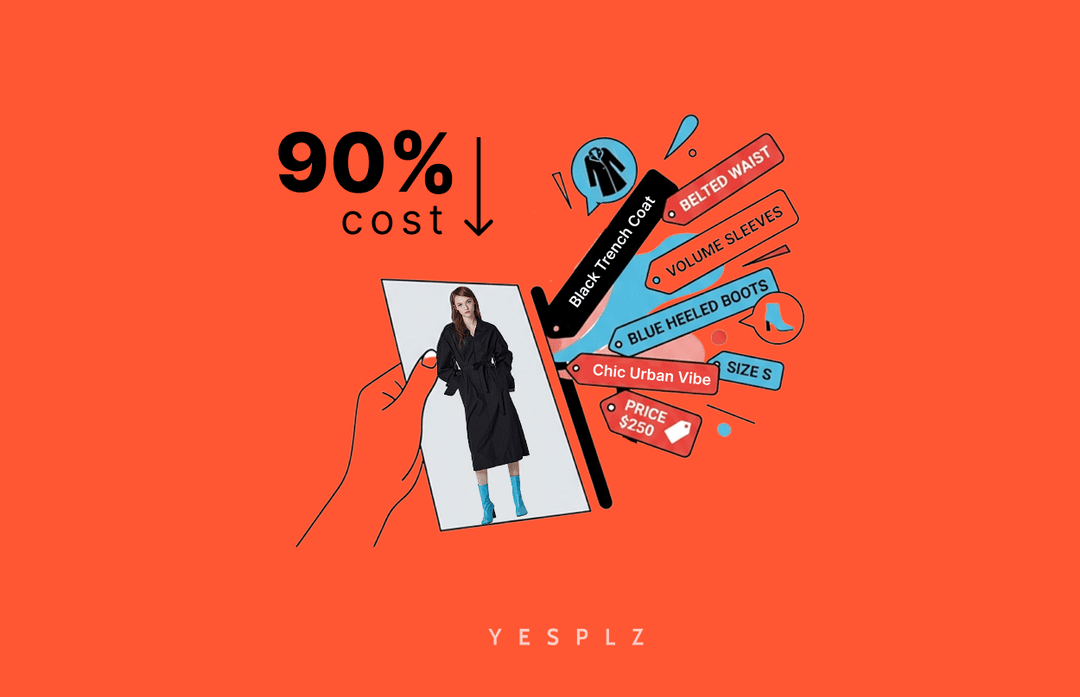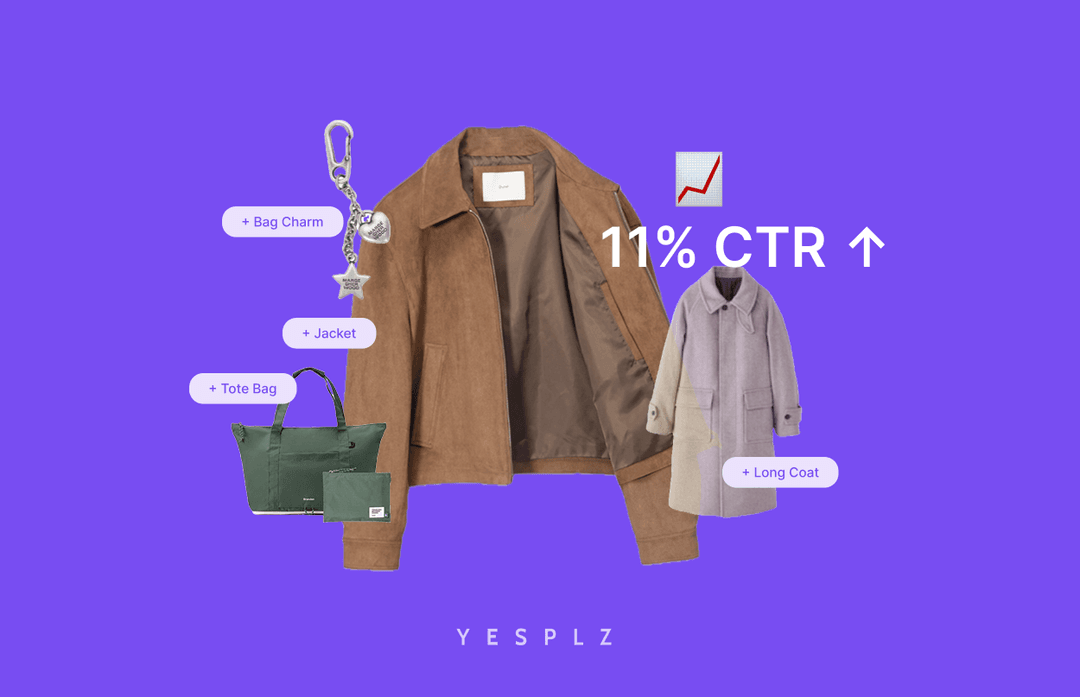Expert Interview Series #3 With Eva Ross
by Eva Ross, Director of Strategy, Americas at FarfetchAugust 2020

Welcome to our expert interview series, featuring Eva Ross of Farfetch. In this interview, we go over the future of fashion artificial intelligence and how companies are using technology to leverage new insights.
Are you interested in learning more about the latest trends in fashion tech? Sign up for the YesPlz newsletter, where we bring you fresh updates every month.
I have worked with Farfetch, an online platform for the luxury industry, since 2015 in different roles covering various aspects of e-commerce. Before that, I worked for Bain & Company for 4.5 years as a strategy consultant across different industries, including e-commerce.
Companies are collecting lots of data on a daily basis but often don’t know what to do with it. AI in fashion can help make sense of all the data and draw insights that support decision-making and day-to-day operations. Fashion AI is the foundation for a wide range of applications to improve customer experience, including search, AR/ VR, chatbots, inventory planning, and many more.
Amazon is one of the companies that is using AI well, with use cases including personalized recommendations, Alexa, inventory management, robotics, or even developing their own white-label products based on information that shows how certain third-party products are performing on Amazon or where potential gaps are in the assortment.
AI is nothing without data. However, deriving insights from data is not always easy and requires an organization to have the right foundations in place. One challenge is that data often lives in fragmented and siloed sources and many eCommerce companies are still using outdated structures and systems which makes it difficult to access all necessary information. Preparing data is often a manual process and requires a significant amount of time. Having great analytics, data science, and engineering teams in place is crucial to make sense of the vast quantities of data possessed by a company. If the data quality used by the algorithm is poor, this can have detrimental effects on the outcomes for customer experience and overall decision-making.
Companies should start by having the right foundations in place as mentioned before, including the right systems to manage data including governance, protections, rules, and teams to ensure its quality is high enough to derive valuable insights from it. Identifying the right patterns in the data usually requires some time as the algorithms learn over time so testing and reiterating is crucial before launching any fashion artificial intelligence applications.
Artificial Intelligence is forecast to grow to $5.025 trillion in 2025 (from just $692 billion in 2017) according to research and advisory firm Gartner with an average annual growth rate of 28%. By 2025, Artificial Intelligence will be driving the biggest technological advancements across e-commerce and many other industries. Companies that successfully use the power of fashion AI will have a competitive advantage over other businesses in their industry.
Artificial Intelligence is not a “nice-to-have” anymore but a “must-have” to successfully compete with other businesses in the industry.
...
New technology should make the shopping experience easier for both retailers and customers--not more complicated. Try the YesPlz Style Filter to see how easy the experience can be.

Written by Eva Ross
Director of Strategy, Americas at Farfetch
I have worked with Farfetch, an online platform for the luxury industry, since 2015 in different roles covering various aspects of e-commerce. Before that, I worked for Bain & Company for 4.5 years as a strategy consultant across different industries, including e-commerce.

Inconsistent tags hurting sales? Self-service product tagging delivers accuracy and speed without enterprise prices. Tag products 10x faster at 90% lower cost.
by YesPlz.AI

We analyzed 13,374 fashion searches. AI tagging increased product discovery by 22% and boosted clicks by 11%. Here’s what the data revealed.
by YesPlz.AI